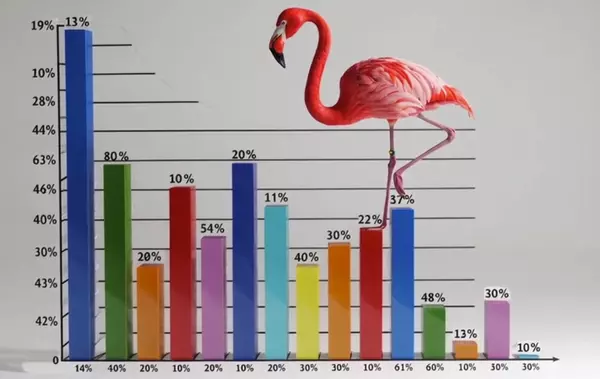What Is a Debt-to-Income Ratio (DTI) and Why It Matters for Buying a Home

What is a Debt-to-Income Ratio?
Your DTI ratio is just a simple way for lenders to figure out how much of your income is already going toward debts—like credit cards, car loans, student loans, or other monthly obligations.
Here’s the formula:
DTI = Your Total Monthly Debt Payments ÷ Your Gross Monthly Income
So if you make $5,000/month and you’re paying $1,500 in monthly debts, your DTI is 30%.
 Why is DTI Important When You’re Buying a House?
Why is DTI Important When You’re Buying a House?
Lenders want to make sure you’re not stretched too thin. A lower DTI shows them that you’re managing your money well and that you’ll likely be able to afford your future mortgage payments. The lower your DTI, the more house you may be able to afford.
If your DTI is too high, a lender might only approve you for a smaller loan—or might not approve you at all.
What’s a “Good” DTI Ratio?
Different types of mortgages have different DTI limits. Here's a quick cheat sheet:
| Loan Type | Max DTI Allowed |
|---|---|
| Conventional Loan | Up to 43%, sometimes 45% with strong credit |
| FHA Loan | Up to 50% (but ideally under 43%) |
| VA Loan | Up to 41%, but flexible with strong compensating factors |
| USDA Loan | 41% total DTI, though they may allow higher with strong scores/income |
💡 Pro tip: Even if your DTI is technically “allowed,” staying below 36% gives you more financial wiggle room and better long-term stability.
How DTI Impacts How Much Home You Can Buy
Here’s the bottom line: the higher your DTI, the less you can borrow. That could mean settling for a smaller house, fewer upgrades, or a different neighborhood. But the good news is, your DTI isn’t set in stone—you can improve it!
5 Smart Ways to Improve Your DTI (and Buy More House)
If you’re dreaming big but your DTI is holding you back, here are five ways to turn things around:
1. Pay Down Your Debt
Credit cards, car loans, personal loans—start chipping away at them. Every dollar of monthly debt you eliminate boosts your borrowing power.
2. Avoid New Debt
Now’s not the time to finance that new car or open another credit card. New debt = higher DTI = smaller mortgage.
3. Boost Your Income
Easier said than done, we know. But even picking up a side gig or freelance work for a few months can help shift your ratio in the right direction.
4. Refinance or Consolidate Loans
Look into refinancing car loans or consolidating credit cards into a lower monthly payment. Less money going out each month = a better DTI.
5. Hold Off on Big Purchases
Delay big-ticket buys until after you close on your home. Keeping your DTI low in the pre-approval stage is key.
Final Thoughts: Get the Most House for Your Money
At NeighborhoodFL.com, we’re all about helping you make smart, informed moves in real estate. Understanding your DTI and knowing how to improve it puts you in a stronger position to buy the home you really want—not just the one your finances say you have to settle for.
Want help figuring out where you stand and what you can afford? Let’s chat! I’ll help you review your numbers, connect you with a trusted lender, and create a game plan to get you into the home you deserve.
Categories
Recent Posts









"Molly's job is to find and attract mastery-based agents to the office, protect the culture, and make sure everyone is happy! "
GET MORE INFORMATION
